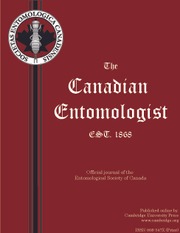No CrossRef data available.
Article contents
Extract
Everybody now-a-days has books, even if he never reads them. It has become an acknowledged fashion—the more books the larger the wisdom, the finer the culture. The climax is reached in France, where you can buy as decoration for fine rooms large libraries, where all the prominent classic authors are represented only by the handsomely lettered backs of the volumes, stored in cabinets with glass doors. The key of the cabinets is invariably mislaid; in fact, the cabinets do not open at all. But even where book-cases contain real volumes, it is interesting to observe which authors are never taken out. In German private libraries, the binding of Klopstok's masterpiece, the Messiah, is almost invariably as fresh as possible, and in England and here I have often seen Paradise Lost in a very fine condition. As an instance of the contrary, when I was a young man, an older prominent naturalist singled out a volume from my library in a condition best to be described by book and binding in tatters, and then exclaimed, “That is just how I like to see books.” It was on bugs, and my scientific digestive organs were at that time in excellent condition. Later I was always interested in picking out books in similar condition in libraries, in order to have an idea of the taste and favorite studies of the patrons.
- Type
- Articles
- Information
- Copyright
- Copyright © Entomological Society of Canada 1886
References
* Read before the Boston Thursday Club, January, 1886.


